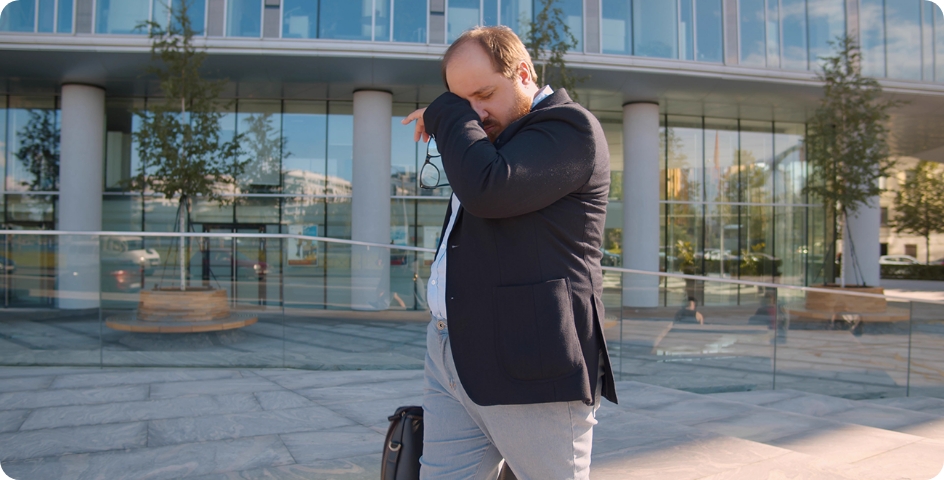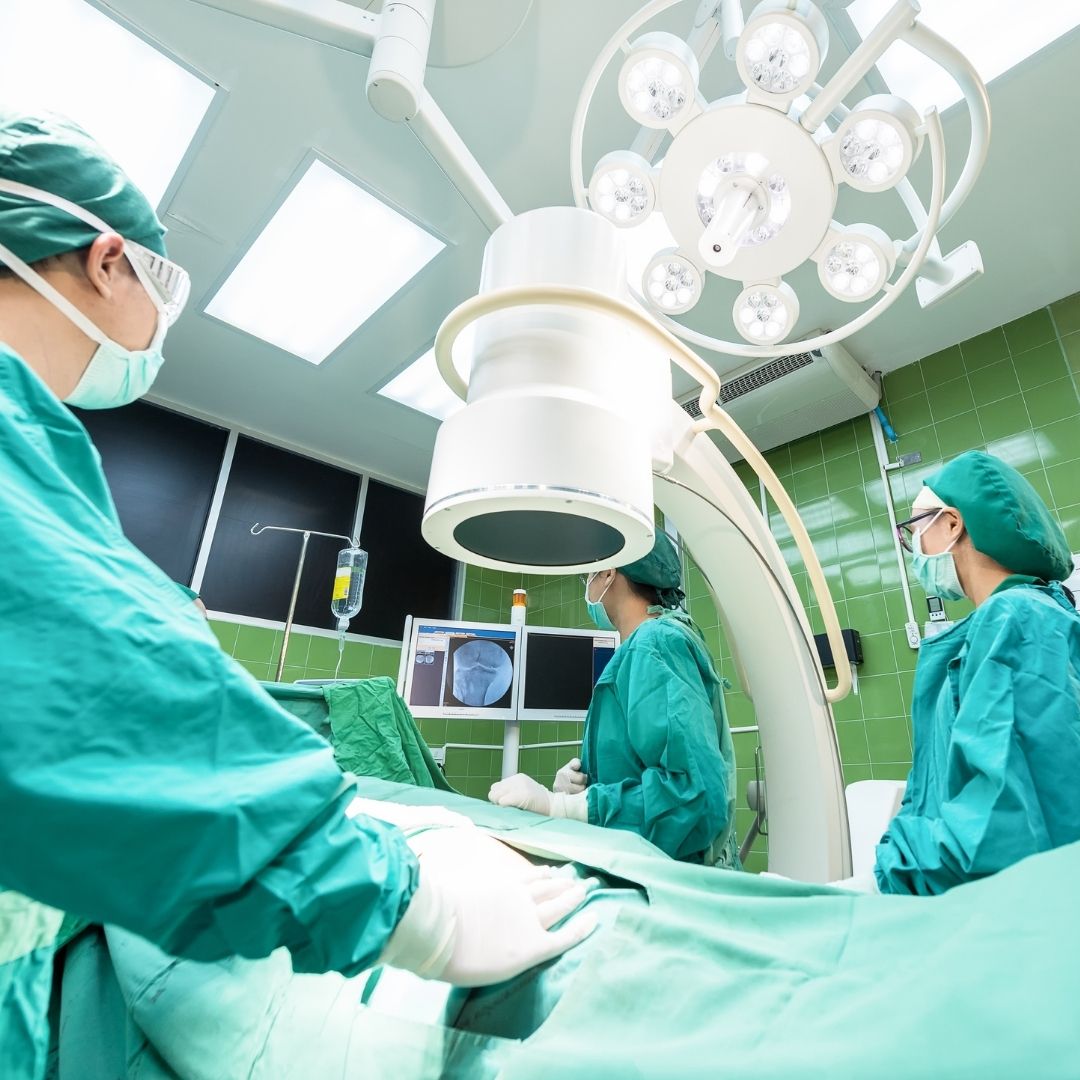
Hiccups After Gastric Sleeve Surgery
Hiccups after gastric sleeve surgery are involuntary spasms of the diaphragm muscle. When too much food is consumed or a gas buildup occurs, muscular contractions reduce stomach strain. It is currently unknown what causes hiccups in patients following a sleeve gastrectomy. Hiccups are most usually caused by eating too quickly or too much, or by not chewing your food well enough after a sleeve gastrectomy. It is still unknown why some people experience hiccups even when they are not eating or drinking.
Most patients will notice a reduction in hiccups within a few days or weeks of surgery. By controlling what you eat, you can avoid protracted bouts of hiccups. Getting hiccups, a runny nose, and even persistent sneezing after bariatric surgery is normal. These annoyances are mild side effects that are outweighed by the numerous advantages of gastric sleeve surgery in Turkey.
According to a recent survey of prior weight loss surgery patients, 39% had hiccups, 27% had a runny nose, and 8% sneezed after eating. These symptoms frequently arise after a meal, but they are normally not hazardous. Whether you experience one or all of these symptoms, they occur for a reason, and you should pay attention to what your body is telling you.
The specific reason for hiccups in patients who have just had a sleeve gastrectomy is unknown. Leading theories claim that hiccups after a sleeve gastrectomy are caused by eating too rapidly or excessively. It’s unclear why some people get hiccups at different intervals during the day, even when they’re not eating or drinking. The good news is that most patients’ hiccups will lessen in the days and weeks following surgery. The easiest method to avoid lengthy bouts of hiccuping is to pay attention to how and when you eat.
Does Your Nose Run When You Eat?
What are the symptoms of being full after weight loss surgery? It’s your new alarm if you have a runny nose, hiccups, or sneezing. You are not alone; having one of these things happen while eating is fairly common following weight loss surgery. After a few minutes of eating, my nose starts to run. It gets so severe that I have to leave the table. I hiccup after a while of eating; does this happen to anyone else?
Because of our altered architecture, the Vagus Nerve, an important sensor that goes from your brain to your stomach, is easily activated after surgery. This nerve controls digestion, detoxification, our “fight or flight” reaction, as well as various components of heart rate and blood pressure. When it is aroused, you may have hiccups, sneezing, and/or a runny nose. Listen to your body, as this is your new warning system notifying you that you are almost full. Take care not to overeat after this stage.

Why Do Hiccups After Gastric Sleeve Surgery Happen?
Hiccups after gastric sleeve surgery are extremely prevalent, yet they receive less attention than acid reflux and gas. Most likely because it is more unpleasant than painful or embarrassing. And, in the end, it is generally associated with those symptoms and so overshadowed.
So, why do people experience hiccups after gastric sleeve surgery? The truth is that we don’t know everything. Although the cause of hiccups after surgery has not been proven, there are some ideas. The biggest one is that eating too much or too rapidly puts undue strain on the altered digestive system. This causes gas to accumulate in the stomach, stretching it and putting pressure on the diaphragm. The diaphragm then contracts in an attempt to relieve the pressure, resulting in burping and hiccups.
This theory, however, has some flaws. First and foremost, patients will suffer hiccups even if they have not eaten anything. Second, this symptom usually resolves immediately after bariatric surgery, frequently well before patients resume eating solid foods.
Tips for Reducing Hiccups After Gastric Sleeve Surgery
Much of the advice on how to avoid hiccups is around changing one’s dietary habits. What can you do to alleviate some of the strain on your diaphragm?
Portion Management: Following your bariatric diet plan’s guidelines for dietary choices and portion size will assist in preventing overeating and side effects. Overeating can also cause food to become stuck following bariatric surgery, which is worse than hiccups. You can use various-sized containers and prepare your quantities ahead of time, or you can integrate bariatric meal replacements to guarantee that you always keep track of your meal portion.
Eat Slowly and Carefully: Bariatric patients are continually advised to eat slowly and mindfully, but this is easier said than done. You can rest your utensils between bites. Some individuals recommend chewing your food 40 times before swallowing. Slow down your meal by using smaller utensils or eating with chopsticks. These are all strategies that can help you eat slowly and, as a result, reduce your chances of having hiccups. It may also help with other problems, such as heartburn following gastric sleeve surgery.
It is critical to control how much you eat when you eat it, and which foods you can eat at certain stages of your rehabilitation plan. Bariatric surgery in Turkey comes with a precise nutrition plan to follow after surgery, which can be tough to stick to. However, by properly following your doctor’s instructions, you can assure a quick recovery and avoid hiccups, constipation, and even nausea after gastric sleeve surgery.
Other Tips to Consider After Gastric Sleeve
We’ve stated numerous times on this blog that weight reduction surgery requires a change in lifestyle, which can be challenging at first but is eventually a positive adjustment. That is why we will gladly provide guidance on what to expect after bariatric surgery, including nutrition and exercise recommendations, among other things. It’s one of the ways we make sure all of our patients are healthy and happy.
The Study of Hiccups After Gastric Sleeve Surgery
A recent study published in the International Journal of Bariatric Medicine investigated the prevalence and causes of hiccups after gastric sleeve surgery. The study, which examined a sample of 500 patients who underwent the procedure, found that hiccups were a common post-surgery occurrence, with 75% of patients experiencing them in the early stages of recovery. The research suggested that hiccups could be attributed to various factors, including changes in gastric pressure and the patient’s rate of eating. While more research is needed to fully understand this phenomenon, the study underscores the significance of post-operative dietary habits in managing hiccups.
Healthy Türkiye Notes
In order to prevent getting hiccups after gastric sleeve surgery, be careful to eat gently. Savor your food, chew carefully, and take pleasure in each meal. This will help you recognize when you’re full and avoid overeating. You can prevent a variety of complications related to weight loss surgery just by slowing down and appreciating what you’re eating.
Before undergoing bariatric surgery, look for a board-certified bariatric surgeon with extensive training and experience. For the best results, select a surgeon who is linked to a large medical center. Inquire about your surgeon’s credentials, training, and the number of procedures performed. Healthy Türkiye provides Turkey’s most effective gastric sleeve surgery.




